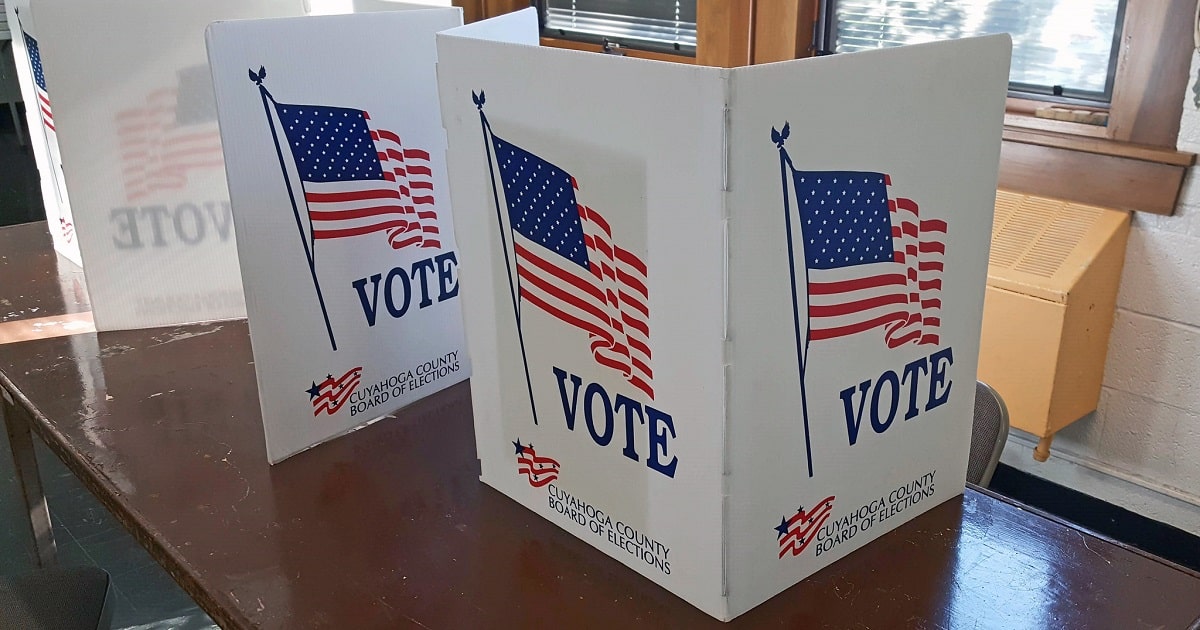




Bill Maher, the sharp-tongued host of "Real Time with Bill Maher," has aimed at former Vice President Kamala Harris for what he sees as a blatant refusal to own up to her failed 2024 presidential bid.
The New York Post reported that Maher’s critique, aired on his show on Friday, centers on Harris’ memoir "107 Days," which recounts her short-lived campaign and, in his view, paints her as a victim of circumstance rather than a leader accountable for her loss to President Donald Trump.
Harris’ campaign kicked off in July 2024 after President Joe Biden stepped aside, giving her just 107 days to make her case to the American people.
Despite a staggering $1.5 billion war chest, endorsements from A-list celebrities, and backing from several former presidents, the results were dismal. She lost both the Electoral College and the popular vote, ending with roughly $20 million in campaign debt.
Maher didn’t hold back, suggesting the memoir’s title could have been far more fitting as a tale of dodged responsibility. “In ‘107 Days,’ nothing is Kamala’s fault,” he quipped, pointing to her apparent frustration with Biden for not exiting the race sooner.
The comedian also highlighted Harris’s claim of having a built-in base of around 75 million voters ready to oppose Trump, no matter who ran against him. Yet, Maher argued, even that advantage couldn’t secure a win, raising questions about strategy over sympathy.
In her book, released on Sept. 23, 2025, Harris recounts reaching out to California Gov. Gavin Newsom for an endorsement, only to be ghosted with a text about being “hiking.” Maher couldn’t resist a jab, likening it to a high school snub where Newsom didn’t even ask her to the metaphorical prom.
Harris also revealed in "107 Days" that she initially wanted Transportation Secretary Pete Buttigieg as her running mate. She ultimately chose Minnesota Gov. Tim Walz, believing the nation wasn’t prepared for a ticket featuring a Black woman and a gay man. It’s a decision that Maher mocked as a missed opportunity for a groundbreaking, if risky, pairing.
Maher’s commentary dripped with sarcasm on this point, suggesting Harris felt let down by a country not ready for her ideal lineup. He painted Walz as a less inspiring choice, a safe bet that didn’t ignite the campaign’s needed spark.
During her book tour, Harris spoke at the Wiltern Theater in Los Angeles on Sept. 29, 2025, likely hoping to reshape the narrative of her loss. But Maher’s critique suggests the memoir reads more like a list of grievances than a reflection on leadership.
One particularly poignant story from "107 Days" involves an election watch party where cupcakes labeled “Madame President” were prepared, only to have the decorations stripped away before being handed to dejected staffers.
Maher called it a scene straight out of a romantic comedy gone wrong, a metaphor for dashed hopes and poor planning.
Earlier in the campaign, Harris and Walz rallied together at an event in Philadelphia on Aug. 6, 2024, aiming to drum up support. Yet, despite such efforts, the campaign’s financial hole and electoral defeat speak louder than any staged enthusiasm.
Harris also appeared alongside Biden at a White House press briefing on Jan. 15, 2025, perhaps a final attempt to project unity.
But for many conservatives, such moments feel like too little, too late, after a campaign that failed to connect with key voters.
Maher’s commentary extended beyond Harris to touch on broader cultural issues, including a jab at the hosts of "The View" for their delayed response to a separate controversy. While not directly tied to Harris, it underscores his frustration with progressive figures who, in his view, dodge accountability.



